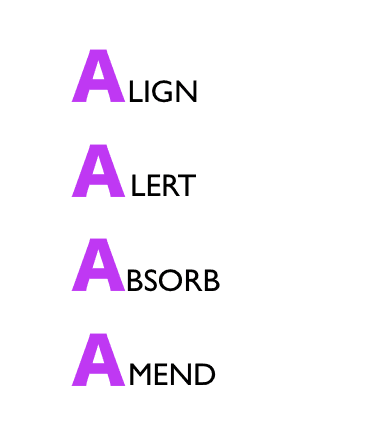Over the last ten years, what are the two most inspiring business successes out there?
Great, enduring but how copiable?
I would imagine that in a poll, in the Western world in any event, the two most common answers would be Apple and Google. What do you think? There has been much written about the keys to their success and the learnings for other companies. But if success on such a scale is rare, it is likely that the causes and ingredients that propitiously came together are complex and rarer yet. Taking any one element and putting it into another context can be cause for failure.
For Apple, I regard their ascendancy as remarkable (who wouldn’t) and utterly irreproducible, even in bits. For Google, they may not have cracked the code in every country (e.g. Korea, Russia, China…), but they have clearly created a space unto themselves, with no better example than the uncluttered white space around their hallowed search bar. Google and Apple share, in this, one common trait: simplicity in design for the user (I wrote about this passion for the white space).
The beta myndset

That said, there is one element from the Google armory that fascinates me and I do believe has value for other companies, providing the top management truly embodies the behaviour: the beta and iterative mindset (the B.I.M.?). Broadly speaking, initiatives are famously put out there, tested, reviewed, improved and, perhaps, “officially” launched. But, this cannot be so neatly done in every sector. And, more emphatically, cannot be done in every company. That said, for those plying the trade of digital marketing, this beta-iterative mindset has all its meaning. Why? Because in the digital space, it is so easy to get started, so clear to measure and so very simple to adjust. And, thus, I would argue for any company looking to ramp up its digital marketing efforts, there is a true take-away.
Four steps
Here is how I would propose for a company to accommodate that beta iterative mindset as it applies to implementing a digital marketing strategy. It would be broken down into four “A” steps.
- Align the organization. First, this means making sure that the values and mission of the brand / company are congruent with the proposed digital strategy. Secondly, within the organization, the sales, marketing and R&D departments need to be drumming to the same beat. Thirdly, the agency (or agencies) must also be seamlessly on board. A key corporate value must accept the right to fail/to make mistakes.
- Be Alert to weak signals and performance. Measuring against appropriate and clear objectives, there must be a shared framework by which to gauge success.
- Absorb through observing, listening & reviewing. The key point here is not to be defensive, but to consider criticism as a gift. Setting up the channels to listen collectively is vital.
- Amend and improve — or decide to move along. And then the cycle continues.
I wrote last year about the ABC’s of Entreprise 2.0 with a similar bent. Fundamentally, digital marketing tends to draw with it a need to shift mindsets, to learn to listen, to accept to fail as well as quickly adjusting despite preconceived beliefs and notions. If the boss can show by example, that certainly helps chart the course!
As always, welcome your comments!











